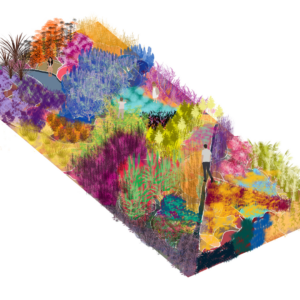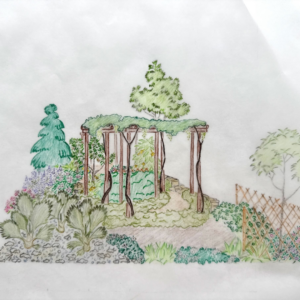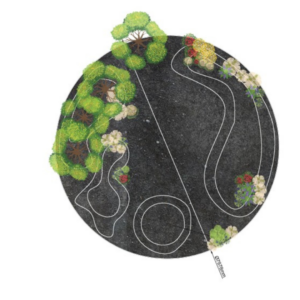 En
En
- Festival
- V edition
- Botanical Park
- Previous editions
- Activity
- Presentation of the 5th edition
- Salone del mobile – 11 aprile 2025
- Presentation: The Garden of Plants, at Librerie Cavallotto
- Garden in Movies
- Presentation of the 5th edition
- Call for Volunteers 2024
- Open2024
- Il Palmeto – The Palm grove
- Call for Ideas 2024
- Garden Appointments
- Taking garden design inspiration from the wild landscape of Sicily
- Call for Volunteers 2023
- Call for Ideas Keep Alive fhe Sense of Wonder
- Plan your visit
- Press Area
 En
En
- Festival
- V edition
- Botanical Park
- Previous editions
- Activity
- Presentation of the 5th edition
- Salone del mobile – 11 aprile 2025
- Presentation: The Garden of Plants, at Librerie Cavallotto
- Garden in Movies
- Presentation of the 5th edition
- Call for Volunteers 2024
- Open2024
- Il Palmeto – The Palm grove
- Call for Ideas 2024
- Garden Appointments
- Taking garden design inspiration from the wild landscape of Sicily
- Call for Volunteers 2023
- Call for Ideas Keep Alive fhe Sense of Wonder
- Plan your visit
- Press Area
CHAOS (and) ORDER IN THE GARDEN
A new approach to the environment, shaped by climate change and wars, demands that landscape design adapt with a style that respects modern times: lines, pathways, volumes, functions, and gardeners alone are no longer enough to make a place a garden. A garden has always required a design, yet it does not necessarily need to be interpreted—it can leave room for imagination. However, today, the certainties of formal spaces are wavering, giving way to a stylistic shift that no longer fears recognizing fundamental values in the smallest details. In some cases, even a simple immersion in lush vegetation may suffice. In these new gardens, the wonder of creation does not oppose idleness; rather, there is a greater awareness and respect for the environment.
Although they represent harmony and beauty, plants are both the material and the subject of every garden. Left to themselves, they initially take time to find balance, they alter the garden’s volumes, and they even require opposing forces to keep them in check. But with a well-conceived design, the entire vegetative system matures, and by synchronizing with our expectations, it completes the garden with virtuous variations capable of materializing even the most ambitious dreams.
Aware of the existence of a biological network that draws energy from biodiversity, the contrast between the personal and collective dimension fades away—without the former, the very idea of nature would not exist. We are drawn to nature by a renewed sense of belonging that makes us recognize the landscape as a shared heritage.
We have changed, our idea of nature has changed, and garden design must explore new forms based on an evolved concept of wilderness culture. New gardens emerge, seemingly chaotic, as artistic expressions of dreams and as a natural choice to create the most beautiful garden—one where there is a perceptible balance between biological forces and the creative intuitions that shape the design. Those who frequent nature understand that chaos is a transient state that does not truly belong to us, while those experienced in gardening know that nature resists impositions—unless care and constant presence are there to define its functions.



TEAM CRACKS OF NATURE

MONICA TORRISI E GIADA STRACI

VINCENT DUMAY

MARTA E FERNANDO GAMARRO

PARITA JANI E URVISH BHATT

NICOLAS ROTH

CARLO FEDERICO E FRANCO ENRICO SERRA

GUDMUNDUR BJORNSSON

TEAM MANTIS


